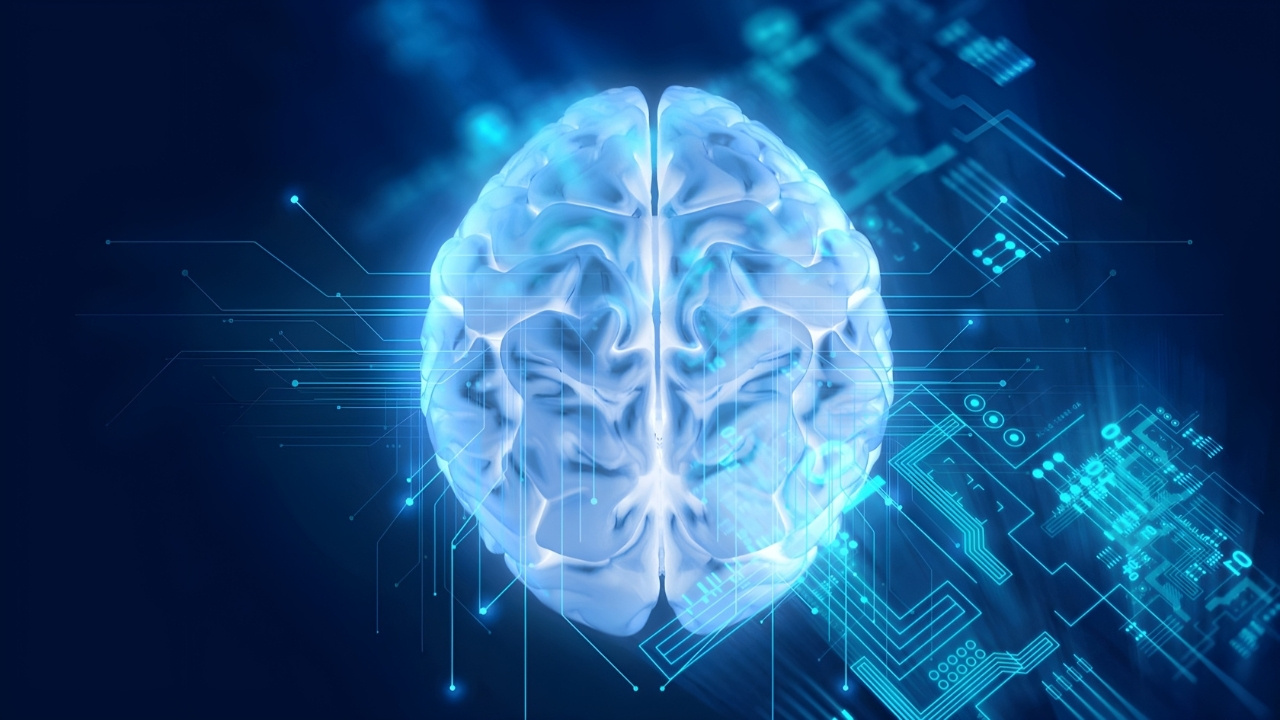
Computationalism is a theory suggesting that human minds function like computers, processing information through algorithms and data structures. This idea has sparked debates among philosophers, cognitive scientists, and AI researchers. But what exactly is computationalism, and why does it matter? Understanding this concept can shed light on how we perceive intelligence, consciousness, and the potential of artificial intelligence. From its roots in cognitive science to its implications for future technology, computationalism offers a fascinating lens through which to view the mind. Ready to dive into 25 intriguing facts about computationalism? Let's get started!
What is Computationalism?
Computationalism is a theory in cognitive science and philosophy of mind. It suggests that human minds function like computers. This theory has sparked debates and research for decades. Let's dive into some fascinating facts about computationalism.
-
Computationalism posits that mental states are computational states. This means thoughts and feelings can be represented as data processed by algorithms.
-
Alan Turing's work laid the foundation for computationalism. His concept of the Turing machine, an abstract computational device, inspired the idea that human cognition could be understood similarly.
-
The theory emerged prominently in the 1950s and 1960s. During this period, the development of digital computers influenced cognitive science and artificial intelligence.
-
Computationalism is closely related to functionalism. Functionalism is the idea that mental states are defined by their function rather than their physical makeup.
-
Jerry Fodor was a significant proponent of computationalism. He argued that mental processes are akin to computational processes, involving symbolic representations and rules.
How Does Computationalism Work?
Understanding how computationalism works involves looking at how it models the mind and cognition. Here are some key aspects.
-
It uses algorithms to explain mental processes. Algorithms are step-by-step procedures for calculations, much like how the mind processes information.
-
Symbolic representation is crucial. Computationalism suggests that thoughts are represented by symbols manipulated according to rules, similar to how computers process data.
-
The mind is seen as software running on the brain's hardware. This analogy helps explain how mental processes can be implemented in physical systems.
-
It supports the idea of mental modularity. This means the mind consists of specialized, independent modules, each responsible for different cognitive functions.
-
Connectionism is an alternative to computationalism. Connectionism models mental processes using neural networks rather than symbolic representations.
Criticisms of Computationalism
Like any theory, computationalism has its critics. Here are some common criticisms.
-
It may oversimplify human cognition. Critics argue that human thought is too complex to be fully captured by computational models.
-
The Chinese Room argument challenges computationalism. Philosopher John Searle's thought experiment suggests that understanding cannot arise from mere symbol manipulation.
-
Embodied cognition offers a different perspective. This theory emphasizes the role of the body and environment in shaping the mind, contrasting with the abstract nature of computationalism.
-
It struggles with explaining consciousness. Computationalism has difficulty accounting for subjective experiences and the qualitative aspects of consciousness.
-
Some argue it ignores emotions. Critics say computationalism focuses too much on rational thought, neglecting the role of emotions in human cognition.
Applications of Computationalism
Despite criticisms, computationalism has practical applications in various fields. Here are some examples.
-
Artificial intelligence (AI) development relies on computationalism. AI systems often use algorithms and symbolic representations to mimic human thought processes.
-
Cognitive psychology uses computational models. These models help researchers understand and predict human behavior and mental processes.
-
Robotics benefits from computationalism. Robots use computational principles to process information and interact with their environment.
-
Neuroscience research is influenced by computationalism. It provides a framework for studying how the brain processes information.
-
Educational technology uses computational models. These models help design tools and programs that enhance learning and cognitive development.
Future of Computationalism
The future of computationalism looks promising as technology and research advance. Here are some potential developments.
-
Quantum computing could revolutionize computationalism. Quantum computers might model human cognition more accurately due to their advanced processing capabilities.
-
Integration with neuroscience could deepen our understanding. Combining computational models with brain research could provide new insights into cognition.
-
Advances in AI may validate computationalism. As AI systems become more sophisticated, they could offer evidence supporting computational theories of mind.
-
Interdisciplinary research will play a crucial role. Collaboration between cognitive scientists, philosophers, computer scientists, and neuroscientists will drive progress in understanding the mind.
-
Ethical considerations will become increasingly important. As computationalism influences AI and other technologies, ethical issues related to privacy, autonomy, and human dignity will need careful attention.
Final Thoughts on Computationalism
Computationalism is a fascinating concept that bridges philosophy and computer science. It suggests that human minds function like computers, processing information through algorithms. This idea has sparked debates about consciousness, free will, and the nature of intelligence. Some argue it simplifies the complexities of the human mind, while others see it as a groundbreaking way to understand cognition.
As technology advances, the line between human and machine intelligence blurs, making computationalism more relevant. Whether you’re a tech enthusiast, a philosopher, or just curious, understanding computationalism offers valuable insights into how we think and interact with the world.
So, next time you use a computer or smartphone, remember the intriguing theory that your mind might not be so different from the device in your hand. Keep exploring, questioning, and learning.
Was this page helpful?
Our commitment to delivering trustworthy and engaging content is at the heart of what we do. Each fact on our site is contributed by real users like you, bringing a wealth of diverse insights and information. To ensure the highest standards of accuracy and reliability, our dedicated editors meticulously review each submission. This process guarantees that the facts we share are not only fascinating but also credible. Trust in our commitment to quality and authenticity as you explore and learn with us.
